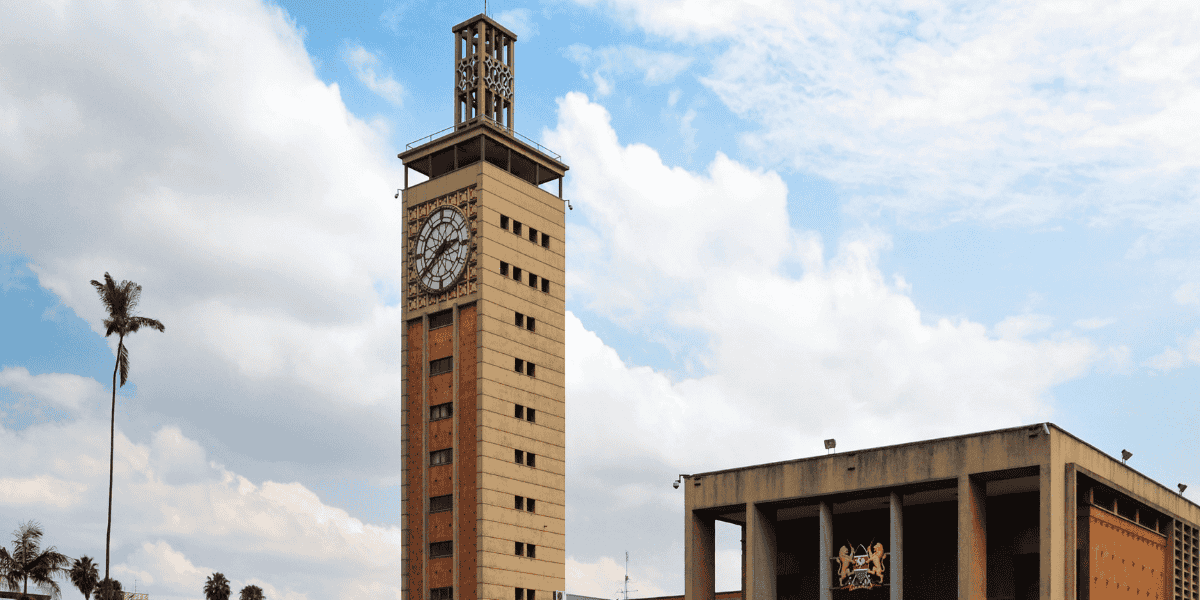Kenya’s new Cabinet Secretary for the National Treasury and Economic Planning, John Mbadi, announced in a post on X that he met the Kenya Revenue Authority (KRA) on 20 August 2024, and reaffirmed the government’s commitment to boosting revenue collection and ensuring efficient financial management to drive Kenya’s economic growth.
The post also highlighted key discussions regarding the Cabinet Secretary’s meeting with KRA, which included tax reforms, the digitalisation of revenue processes, and strategies to expand Kenya’s tax base to secure a more robust and sustainable economic future for Kenya.
Though specifics were not disclosed, Mbadi reportedly intends to fulfil the government’s commitment by reintroducing 49 tax proposals from the withdrawn Finance Bill 2024. This will exclude the controversial tax measures that led to deadly protests and the bill’s withdrawal in June.
Kenya’s National Assembly first considered the Finance Bill 2024 on 13 May 2024. The bill received parliamentary approval on 25 June 2024, with several amendments. These include removing the proposed 16% VAT on bread, sugar transportation, financial services, foreign exchange transactions, and the 2.5% Motor Vehicle Tax. Additionally, the eco levy has been restricted to imported finished products that contribute to e-waste instead of goods manufactured in Kenya.
The revised Finance Bill 2024, set to be submitted to Parliament by the end of September 2024, will feature an updated eco levy designed to avoid burdening ordinary citizens.












